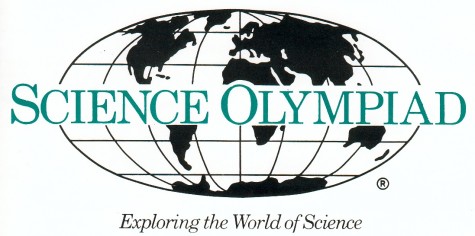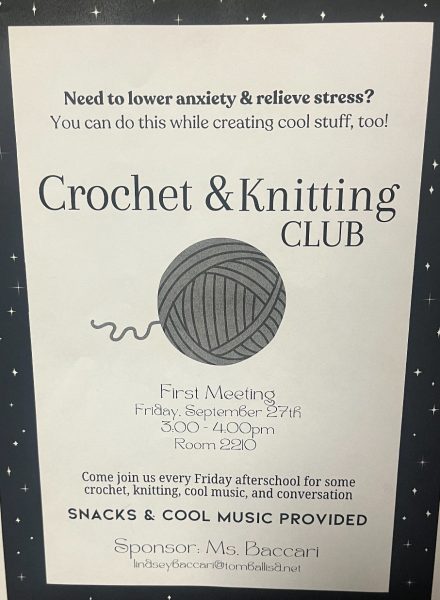The sweet smell of Science Olympiad
 Complex equations, impossibly difficult diagrams, beakers filled with highly reactive chemicals. This is the image a lot of students come up with when picturing the activities of Science Olympiad.
Complex equations, impossibly difficult diagrams, beakers filled with highly reactive chemicals. This is the image a lot of students come up with when picturing the activities of Science Olympiad.
What they often find, however, is a fast-paced learning environment where students will be able to focus on many aspects of science and engineering. Areas of study and competition include forestry, mineralogy, genetic design, circuitry and more.
Students involved in Science Olympiad will get to work with their hands quite often, and test their skills at competitions throughout the year. If students do well at regionals, they will be able to advance to the state competition. THS’s team has gone to state the past three years.
Anyone interested in joining can contact Sue Donovan in room 1307, Danny Trchalek (the president), or either of the two secretary’s (Katalina Martinez or Keira Mcafee).
“We’re just looking for kids who love science,” Donovan said.
She also points out that the Olympiad is not based on regular science courses such biology or chemistry.
“It’s mostly based on what you learn once you get here, rather than what you know before,” she said.
Donovan adds that Science Olympiad is “the best organization I know of that makes students better students, because here they can learn how to learn.”
Your donation will support the student journalists of Tomball High School. Your contribution will allow us to purchase equipment and cover our annual website hosting costs.








